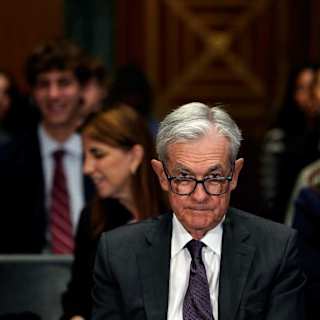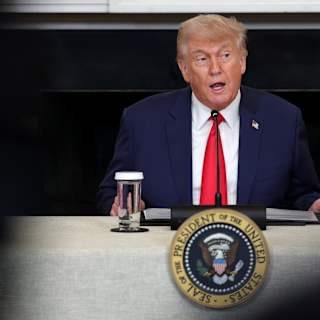- Pressure Mounts on Congress
- Crisis Context and Timeline
- Economic Stakes
Treasury Secretary Scott Bessent extended extraordinary cash management measures designed to prevent a federal debt ceiling breach until July 24, pushing back a Friday deadline by nearly a month as Congress races to address the borrowing limit before its August recess.
The extension allows the Treasury to continue temporarily halting investments in certain federal pension and retiree healthcare funds, preserving cash to meet the government's immediate obligations while lawmakers work on a sweeping tax-and-spending package.

Bessent's move appears calculated to maintain pressure on lawmakers to resolve the debt ceiling as part of President Trump's legislative agenda before Congress breaks for its scheduled August recess1. In his letter to congressional leaders, Bessent emphasized that "Congress must act to increase or suspend the debt ceiling as soon as possible before its scheduled August recess to protect the full faith and credit of the United States"1.
The Treasury secretary has repeatedly warned that without congressional action, the U.S. could exhaust its borrowing capacity sometime between mid-to-late summer1. Wall Street analysts and private forecasters estimate the so-called "X-date" — when the government runs out of money to pay all bills on time — could fall between late August and mid-October2.
The current standoff began when the debt ceiling was reinstated at $36.1 trillion on January 1, 2025, after being suspended since June 2023 under the Fiscal Responsibility Act1. The Treasury began deploying extraordinary measures on January 21 to avoid an immediate breach1.
These accounting maneuvers include suspending investments in federal employee retirement funds and halting certain government securities sales2. The measures can typically provide several months of additional borrowing capacity, as demonstrated during the 2023 debt crisis when similar steps prevented default from January through June2.
Republican congressional leaders have tied debt ceiling increases to Trump's broader tax and spending legislation, potentially complicating negotiations3. The approach mirrors past debt ceiling disputes, though the stakes remain high given potential economic consequences.
Despite the Treasury's confidence — Bessent told CBS's "Face the Nation" that the U.S. "is never going to default" and "we will never hit the wall"1 — economists warn of severe consequences if the limit isn't raised. A 2023 Moody's Analytics report found that even a brief breach could eliminate 2 million jobs and reduce gross domestic product2.
The debt ceiling has been raised 78 times since 1960, including 49 times under Republican presidents3. However, Bessent noted that the estimated X-date could shift depending on court rulings related to Trump's tariffs, which brought in a record $23 billion in customs revenue in May4.



